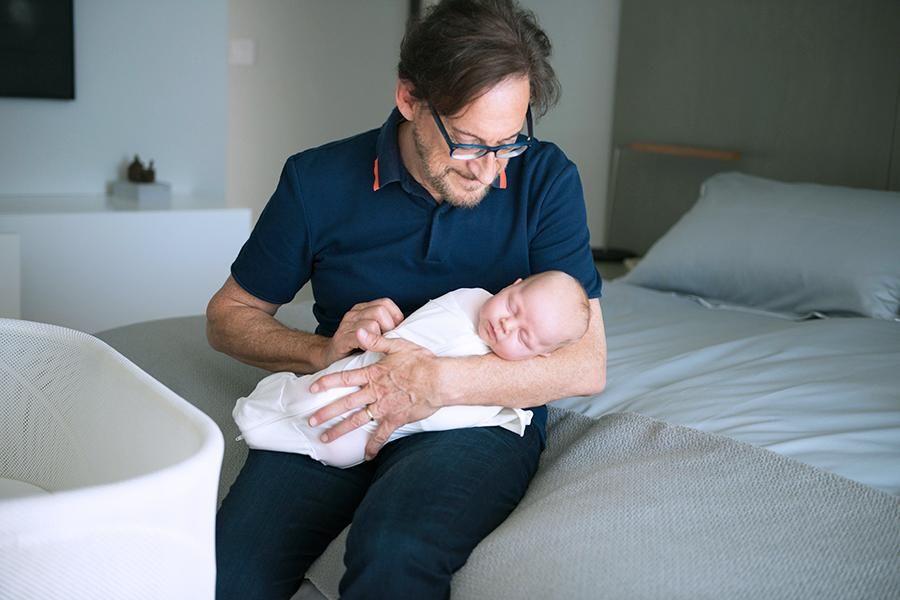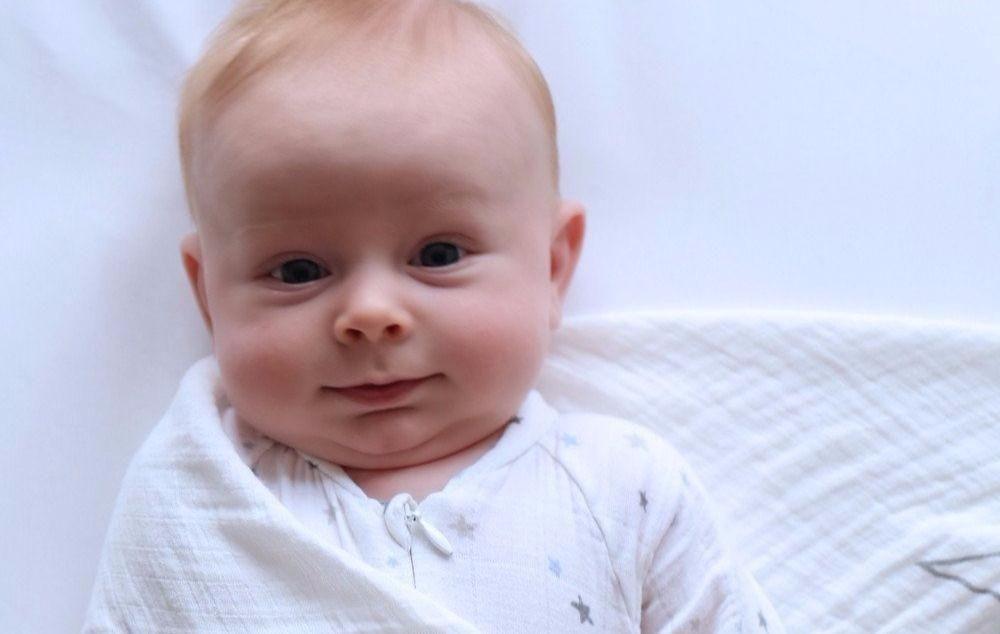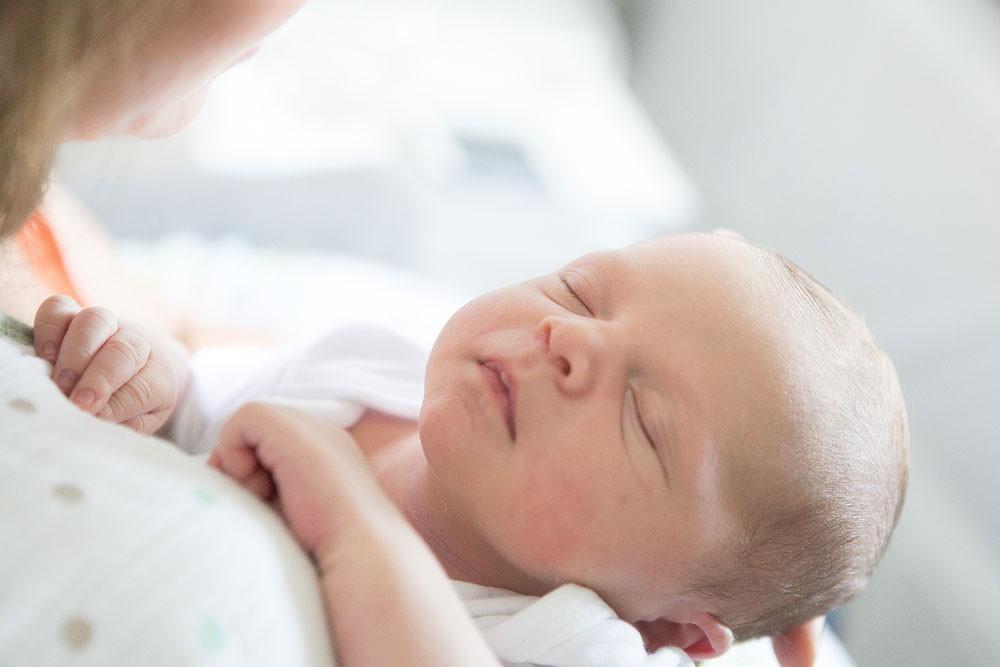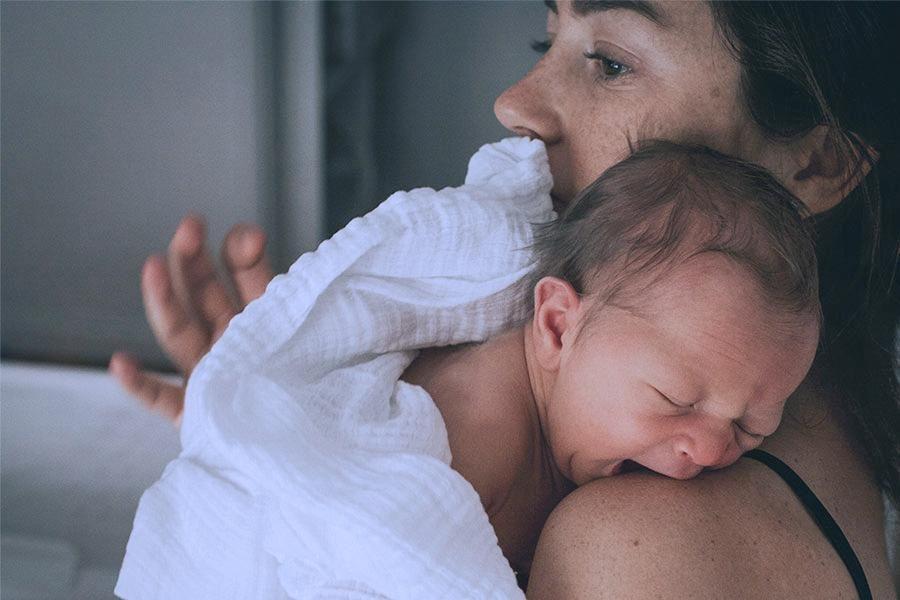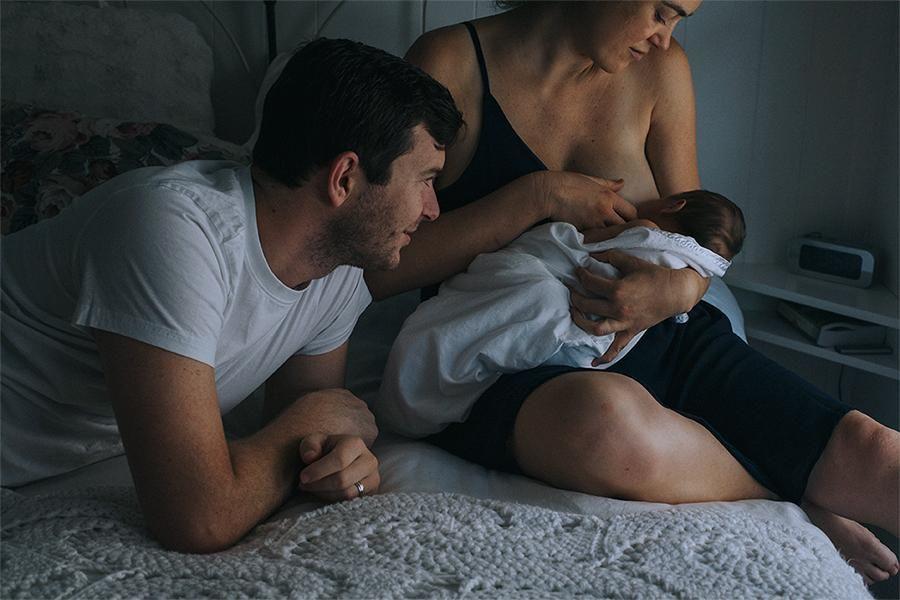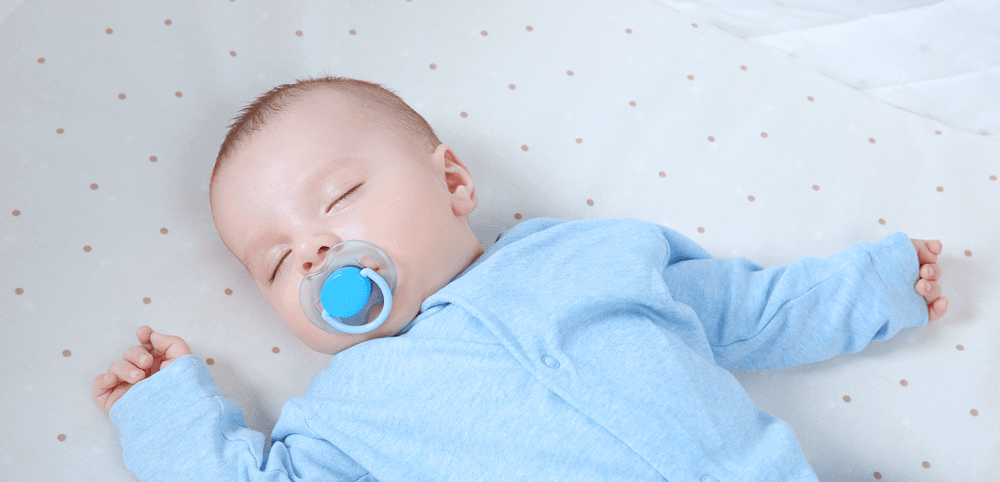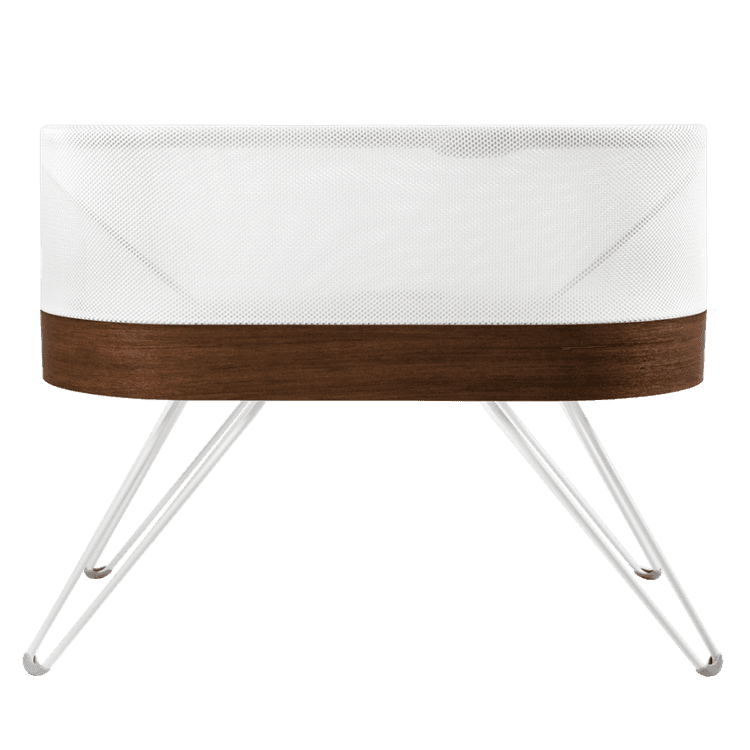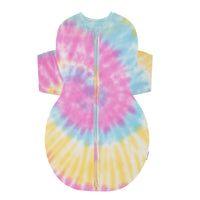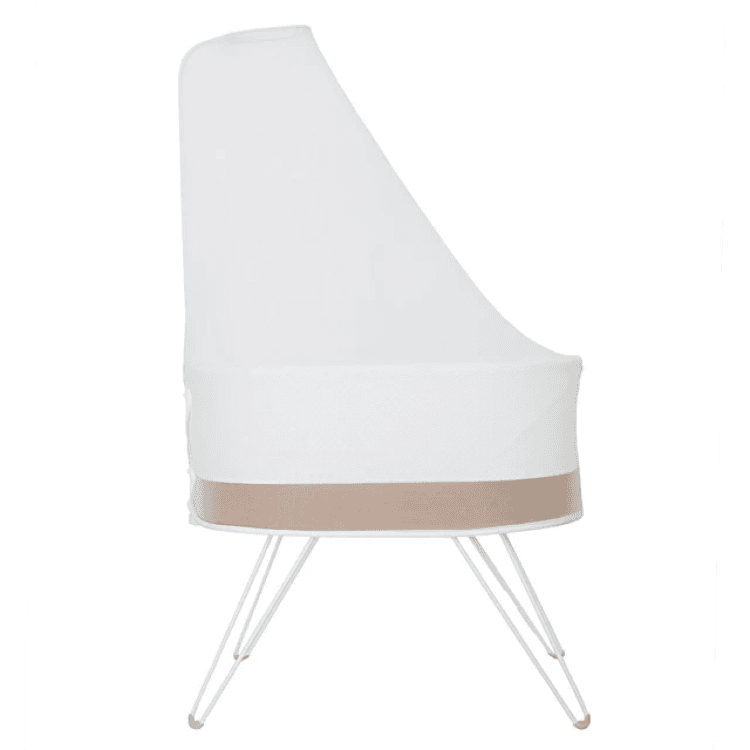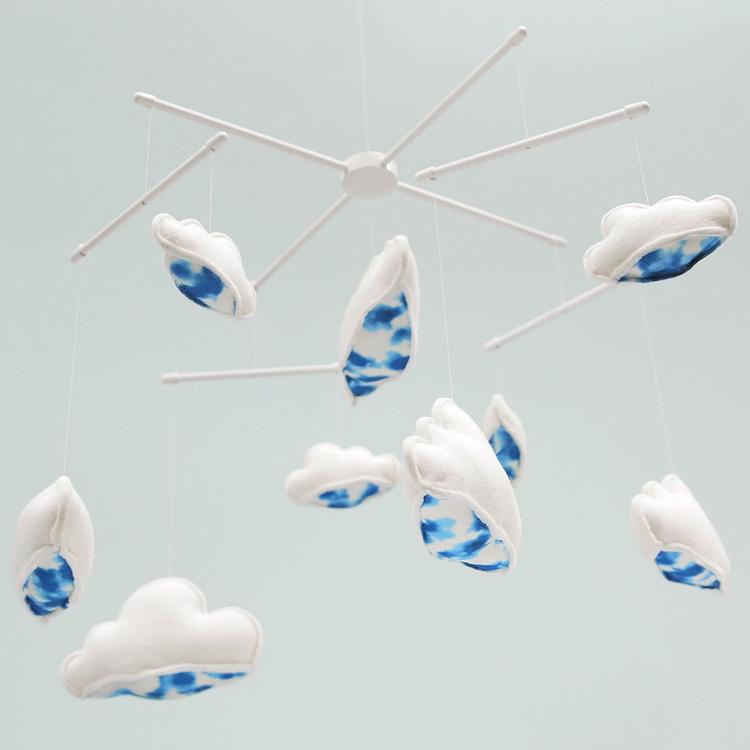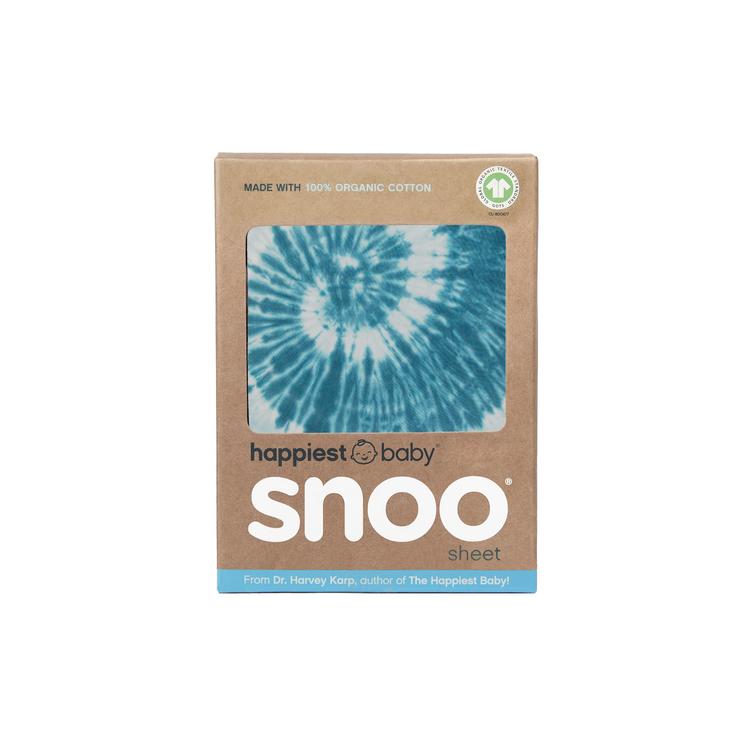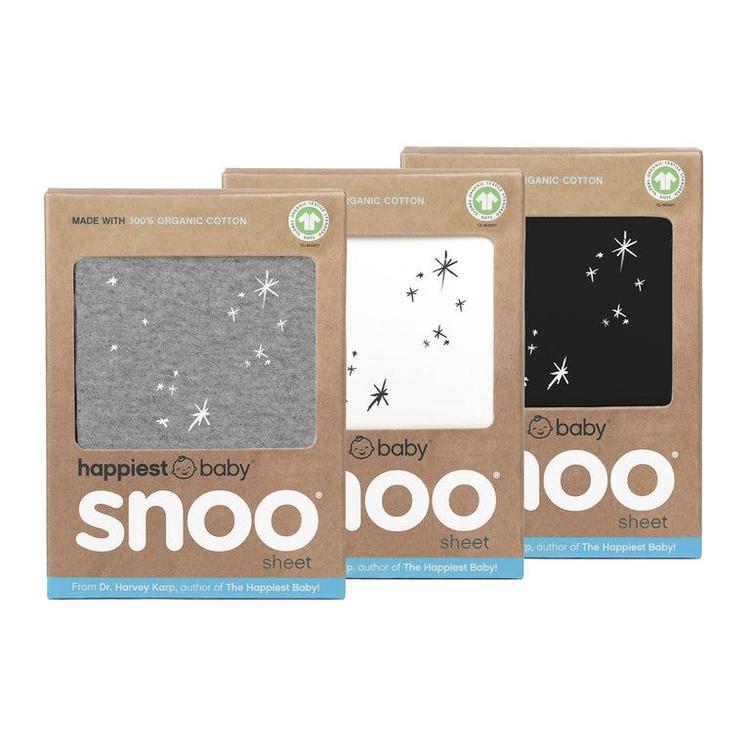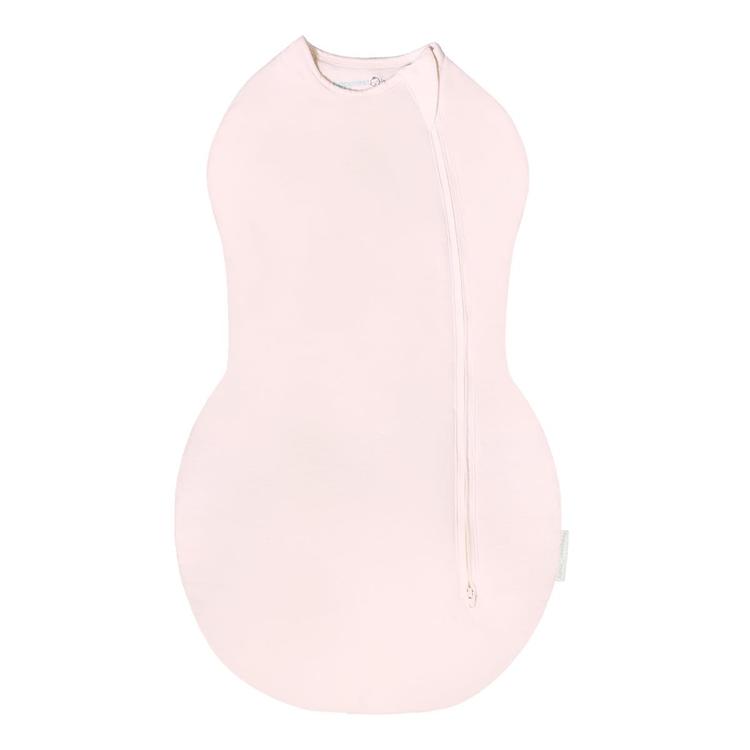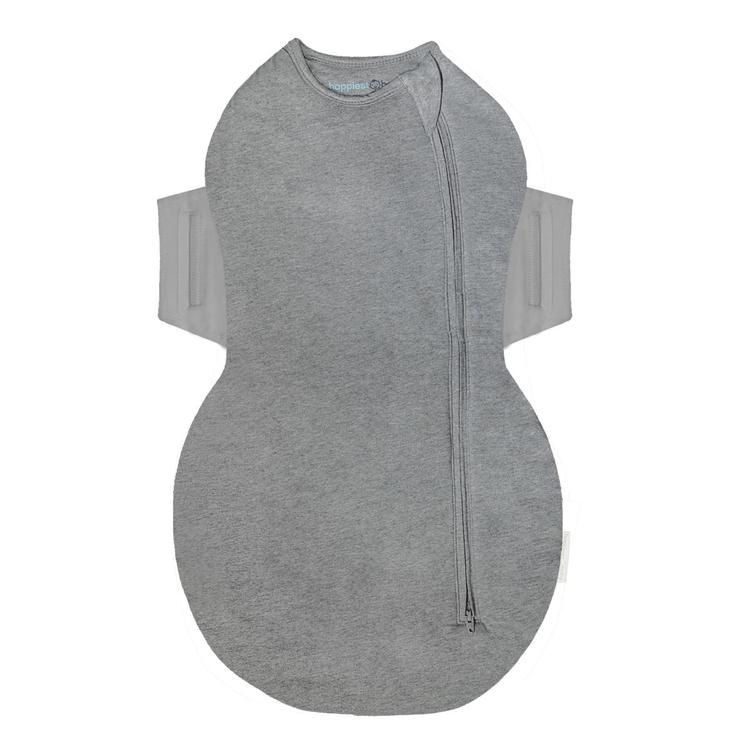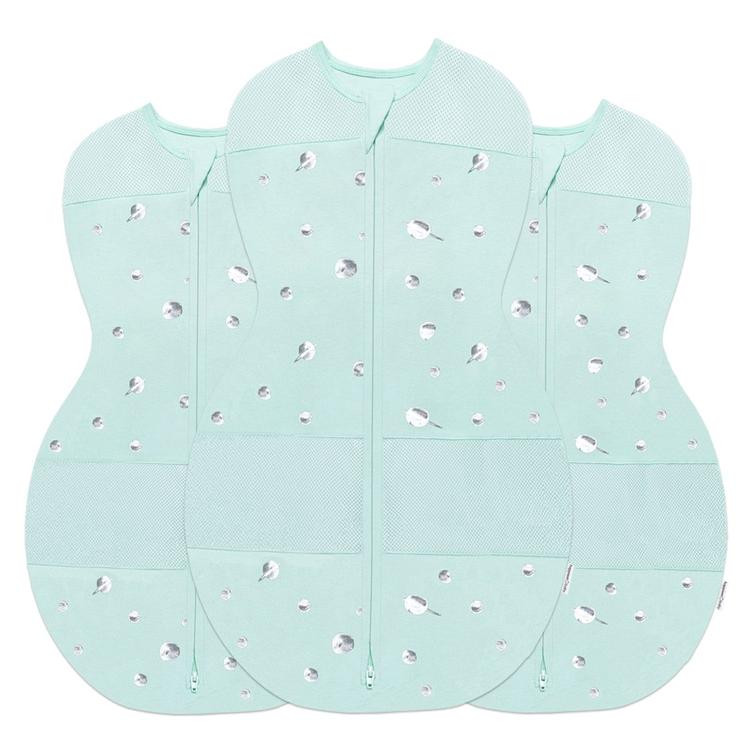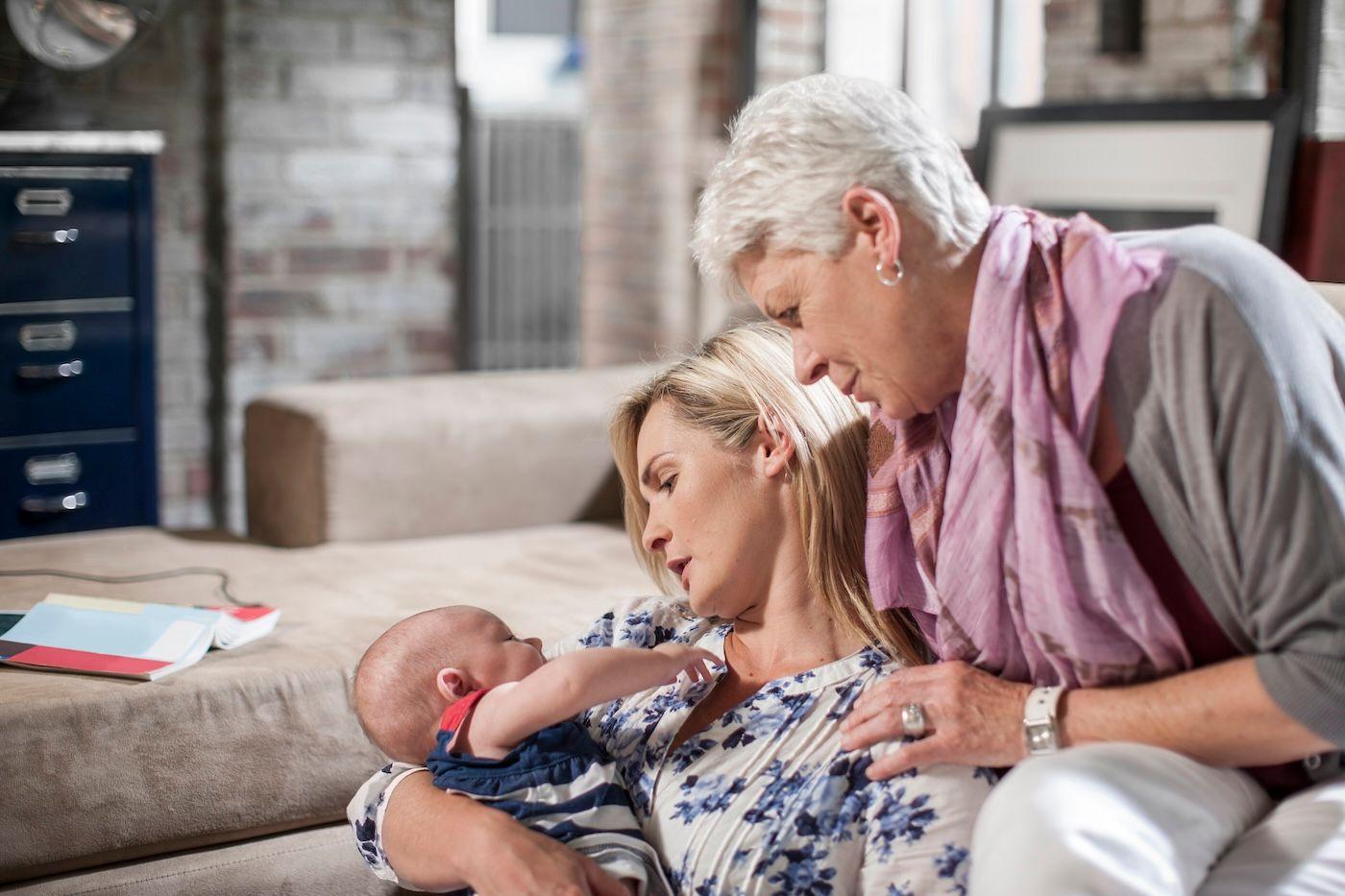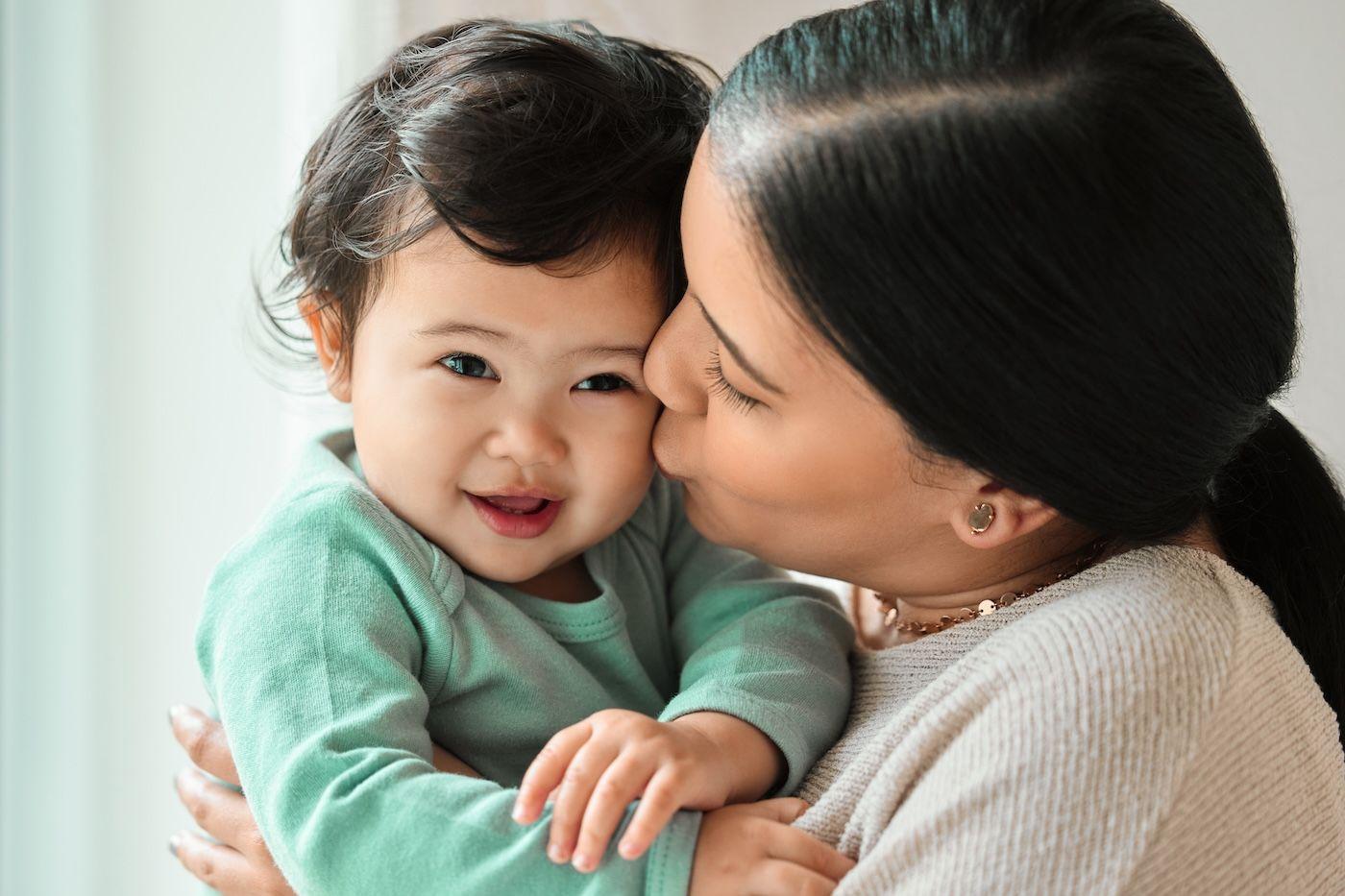PARENTS
A Tired Parent’s Brain Is Basically…Drunk!?
We get klutzy, off-balance, and accident-prone. We get forgetful and confused.

Written by
Dr. Harvey Karp
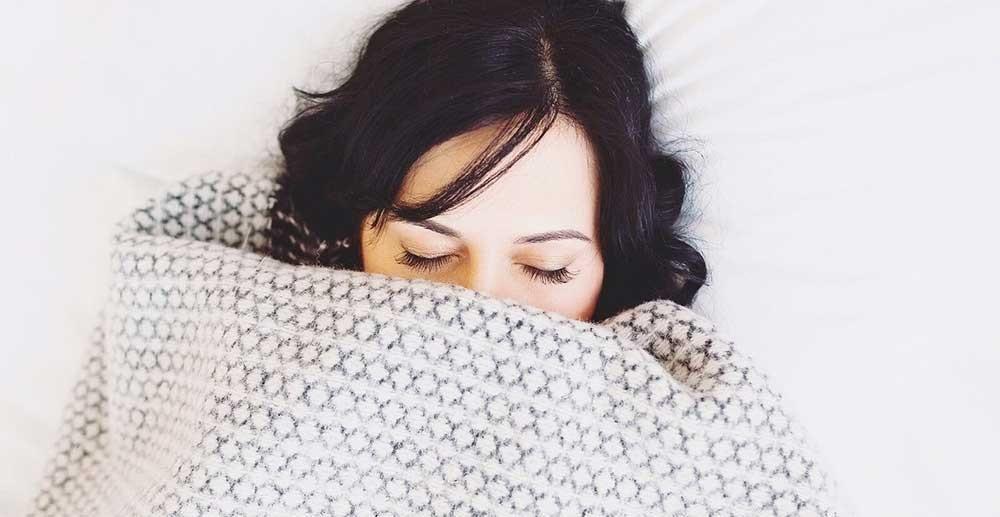
A friend once told me her story of arriving at the daycare centre to pick up her baby on a day she felt incredibly tired. She swung her car into a parking space and then continued driving it...right into the building!
Exhaustion is rough on new parents…and stressful. Frequent waking keeps us swirling in light sleep and reduces the deep, restorative slumber we need to prepare our minds and bodies for the next day. We may be able to muddle through despite night after night of poor sleep, but we build up a mounting “sleep debt” that eventually must be paid, either with some solid catch-up sleep...or with our health.
What Exhaustion Does to Body and Mind
Prolonged fatigue wreaks havoc on our well-being. Our mood drops. We get whiny, unhappy, and demanding. Our coordination flops. We get klutzy, off-balance, and accident-prone. We get forgetful and confused. Our resilience crumbles. It sets off a kind of chain reaction, worsening our health. We get fat. We get pimples. We get mastitis...and so on, and so on.
A tired parent's brain actually functions at a lower level. The University of Pennsylvania’s renowned sleep researcher David Dinges has probably robbed more people of sleep than anyone else in the world. For an experiment, his team had some volunteers sleep only 6 hours a night while others got to snooze for 8. During the day, the scientists measured their subjects’ ability to pay attention. The well-rested group stayed sharp. However, the sleep-deprived participants got increasingly scattered…then 2 weeks into the study, their attention spans dropped to levels found when legally drunk!
Tired Parents: Be Careful Out There!
Alarmingly, the National Sleep Foundation’s 2004 Sleep in America poll found that 48% of parents admitted to driving while drowsy, and 10% confessed to falling asleep at the wheel.
As with drunkeness, lack of sleep causes poor judgment, slow reaction time, and impaired memory. When you are exhausted, you stagger, stutter, and slur your words. At its most extreme, sleep deprivation even triggers hallucinations.
Bed-sharing and sleeping on iffy surfaces are common risks parents take with babies when they are bone tired, choices that up the chances of SIDS/suffocation. I recommend babies sleep in their parents’ room for the first 6 months, but in SNOO Smart Sleeper, a baby cot or co-sleeper, so your baby is nearby but in a safe bed of their own. You would not drive when you are drunk…so take extra care of yourself and your baby when you are drunk tired!
Disclaimer: The information on our site is NOT medical advice for any specific person or condition. It is only meant as general information. If you have any medical questions and concerns about your child or yourself, please contact your health provider. Breastmilk is the best source of nutrition for babies. It is important that, in preparation for and during breastfeeding, mothers eat a healthy, balanced diet. Combined breast- and bottle-feeding in the first weeks of life may reduce the supply of a mother's breastmilk and reversing the decision not to breastfeed is difficult. If you do decide to use infant formula, you should follow instructions carefully.
SHARE THIS ARTICLE
PARENT PICKS
Bestsellers
